11 Essential Oils for Skincare and Beauty
Essential oils are a wonderful addition to any skincare routine. They provide natural benefits that can enhance both beauty and wellness. Many essential oils contain antioxidants, vitamins, and minerals that promote healthy, glowing skin. Whether you are looking for hydration, soothing relief, or anti-aging properties, there is an essential oil that can meet your needs. In this article, we will explore different essential oils that can support your skincare goals and boost your beauty routine.
This post may contain affiliate links, which helps keep this content free. Please read our disclosure for more info.
Lavender Essential Oil
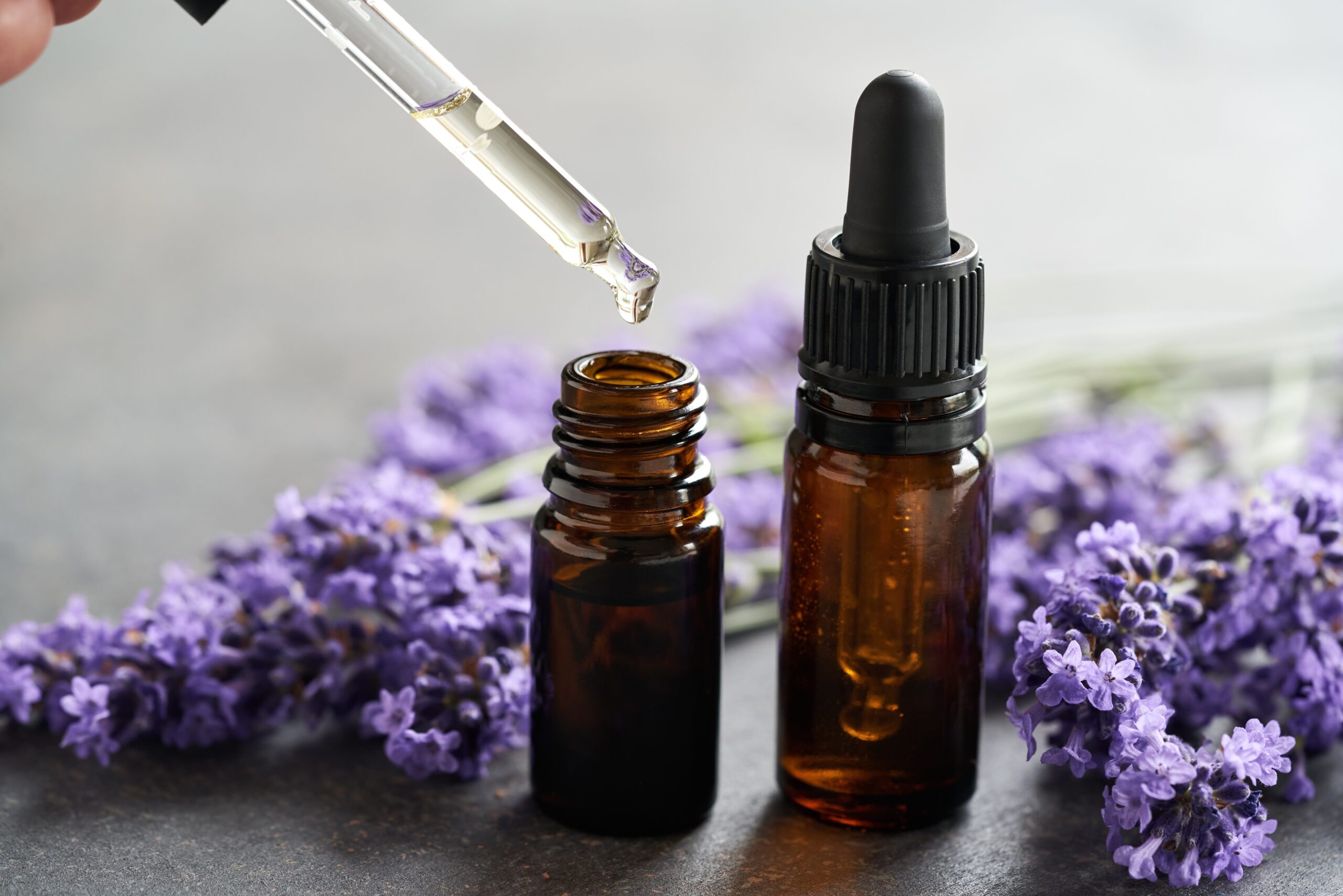
Lavender essential oil is known for its calming and soothing properties, which make it great for reducing skin irritation. It contains antioxidants that help protect the skin from environmental stressors. Lavender oil also has anti-inflammatory properties, making it effective for reducing redness and puffiness. Its gentle scent can also help relax the mind and reduce stress.
To make lavender oil, combine a few drops of lavender essential oil with a carrier oil such as jojoba or coconut oil. Apply it to your skin after cleansing, and gently massage in circular motions. You can also add it to a warm bath for a relaxing experience. For a quick pick-me-up, add a few drops to a diffuser to enjoy the aroma while benefiting from its calming effects.
Tea Tree Essential Oil
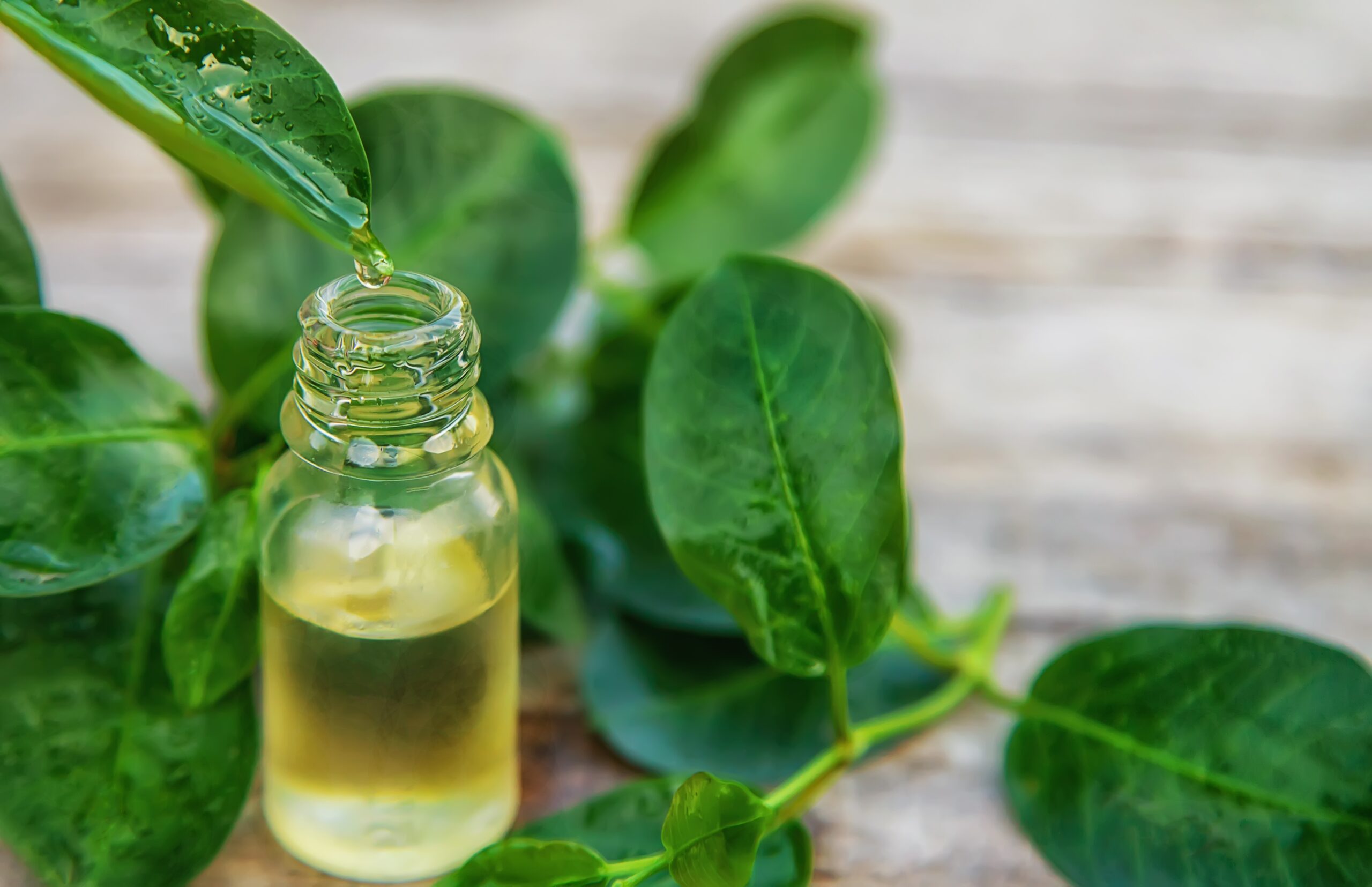
Tea tree oil is a powerful essential oil known for its antibacterial and antifungal properties. It helps to cleanse the skin, clear blemishes, and prevent acne outbreaks. Its anti-inflammatory qualities can reduce the appearance of redness and swelling. Tea tree oil is particularly helpful for individuals with oily or acne-prone skin.
To use tea tree oil, dilute it with a carrier oil like almond or olive oil. Apply it directly to acne-prone areas using a cotton swab or your fingertips. Tea tree oil can also be added to your facial cleanser for added cleansing benefits. Make sure to patch-test before use to ensure it works well with your skin type.
Rosehip Essential Oil
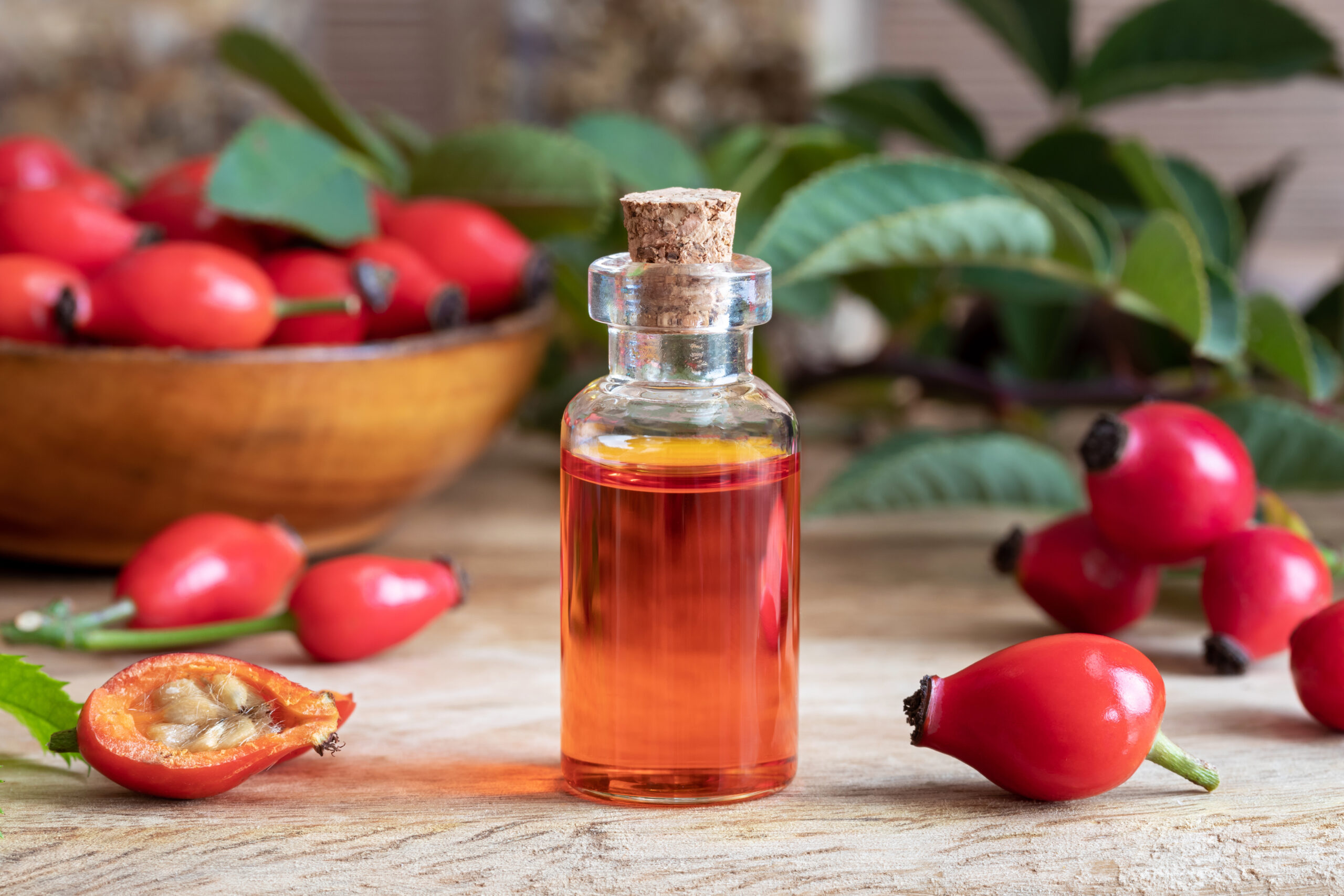
Rosehip oil is rich in essential fatty acids, antioxidants, and vitamins, making it excellent for skin rejuvenation. It helps to repair damaged skin, reduce fine lines, and promote an even skin tone. The oil is particularly beneficial for dry or aging skin, providing deep hydration. Its vitamin C content also supports collagen production, enhancing skin elasticity.
To make rosehip oil, mix a few drops of rosehip essential oil with a carrier oil like argan oil. Apply a small amount to your face, especially on areas with wrinkles or dryness. You can also use it as a nighttime serum for deep hydration while you sleep. For sensitive skin, mix it with a heavier moisturizer to avoid irritation.
Frankincense Essential Oil
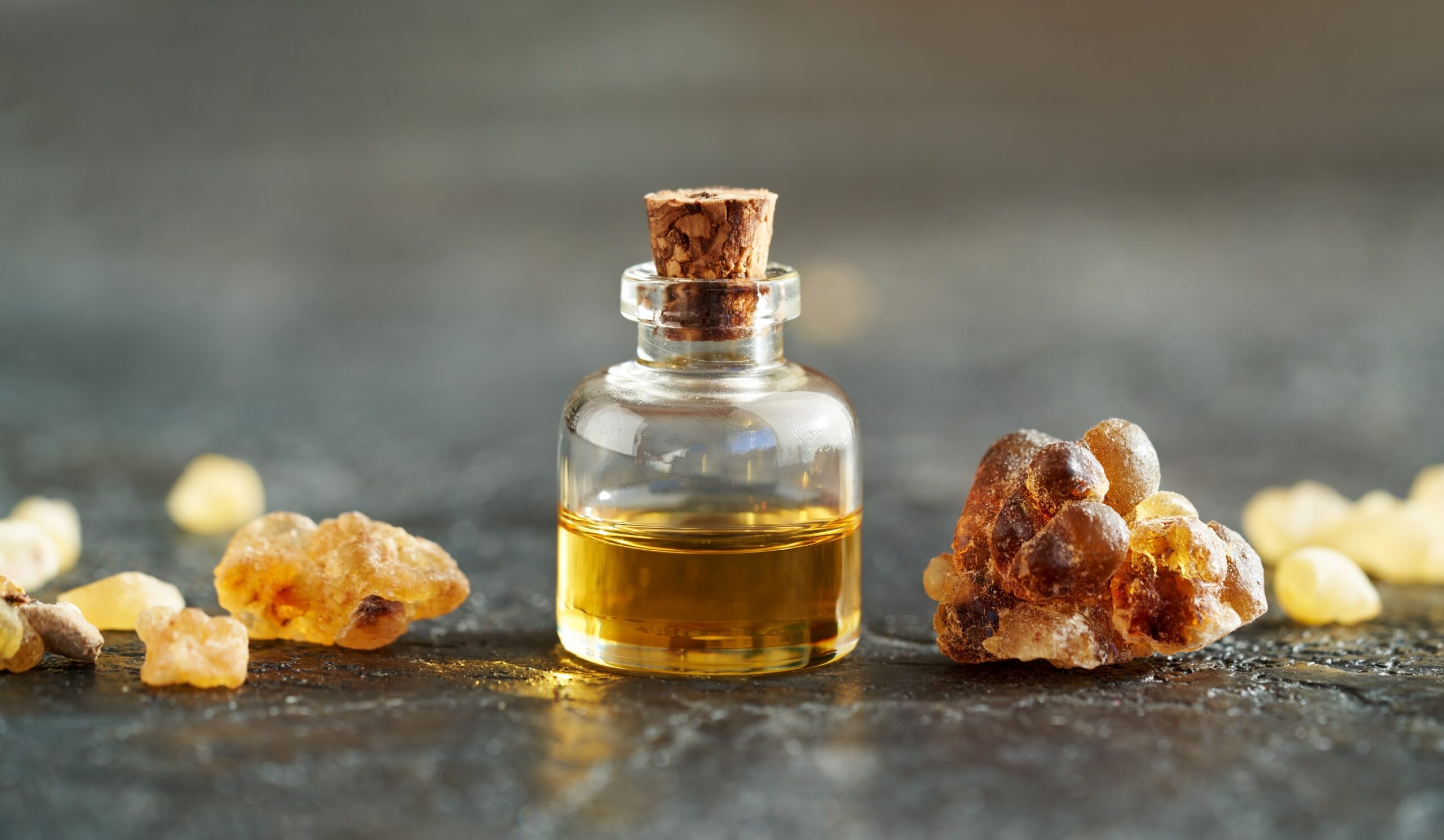
Frankincense essential oil has been used for centuries due to its skin-healing and anti-aging properties. It helps improve skin tone and reduce the appearance of scars and stretch marks. It also has natural astringent properties, which help tighten the skin and minimize the appearance of pores. The oil is also known to promote cell regeneration.
To use frankincense oil, combine it with a base oil like grapeseed or sweet almond oil. Gently massage the mixture into your skin, focusing on areas where fine lines or scars are prominent. It can also be used as a spot treatment for blemishes. Incorporating it into your skincare routine can promote a youthful and radiant complexion.
Peppermint Essential Oil
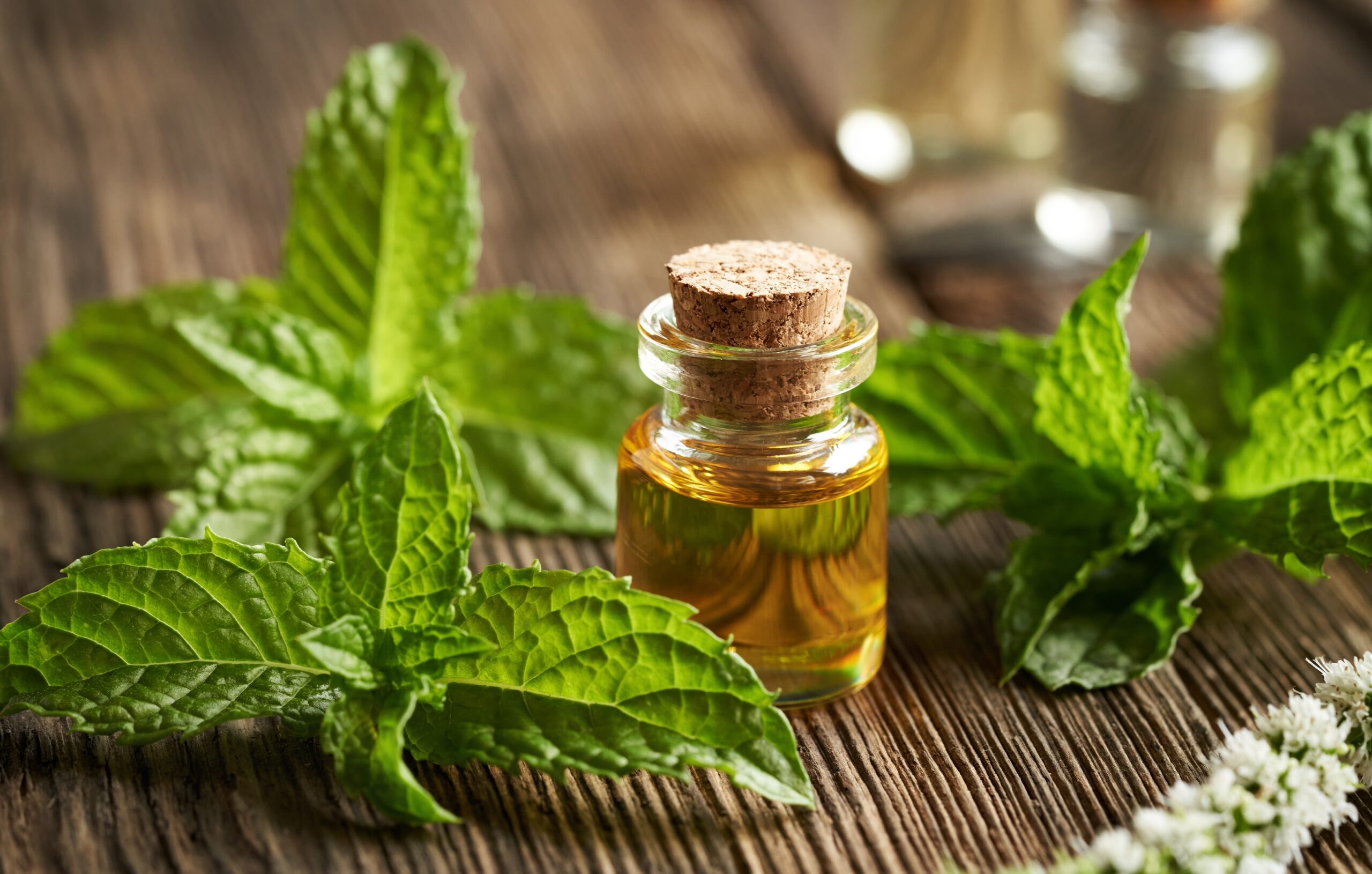
Peppermint essential oil is well-known for its refreshing and invigorating properties. It has menthol, which helps cool the skin, making it perfect for soothing irritation or inflammation. The oil can also improve blood circulation, promoting a healthy glow. Additionally, its cooling sensation makes it effective for reducing swelling or puffiness around the eyes.
To make peppermint oil, dilute it with a carrier oil like coconut oil or jojoba oil. Apply the mixture to the skin for a refreshing and cooling effect. It can also be added to body lotions for a soothing experience, especially in hot weather. Be sure to avoid using peppermint oil near sensitive areas like the eyes.
Geranium Essential Oil
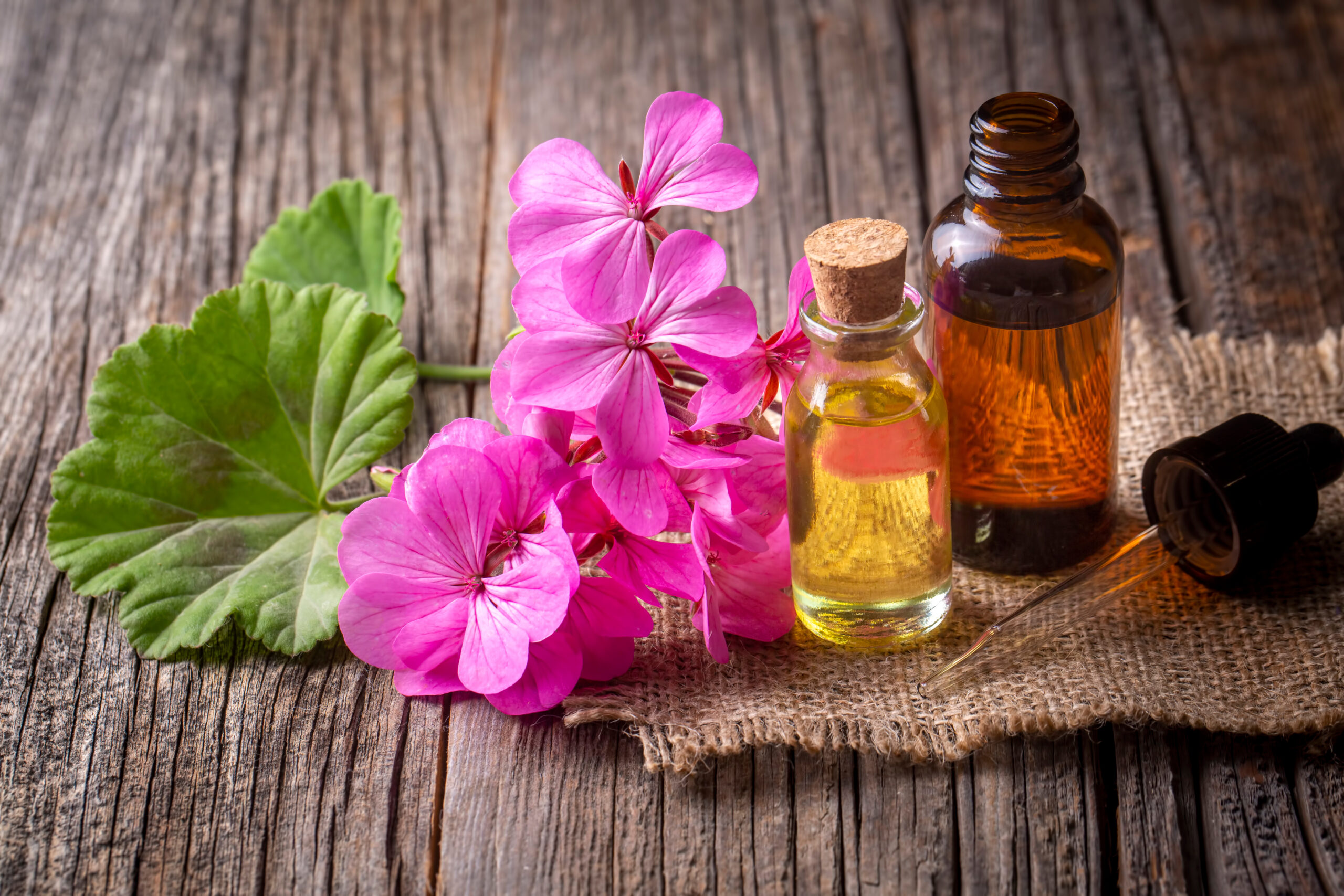
Geranium essential oil is a versatile oil with natural antiseptic, anti-inflammatory, and astringent properties. It helps balance oil production and tightens the skin, making it effective for both dry and oily skin types. It also promotes circulation and can improve the appearance of dull or tired skin. Geranium oil has been used to treat acne and reduce the appearance of scars and dark spots.
To use geranium oil, mix a few drops with a carrier oil like jojoba or sunflower oil. Gently massage it onto your skin, especially on areas with blemishes or uneven skin tone. It can also be used to balance the skin by adding a drop to your regular moisturizer. Use it daily for a natural, healthy glow.
Chamomile Essential Oil
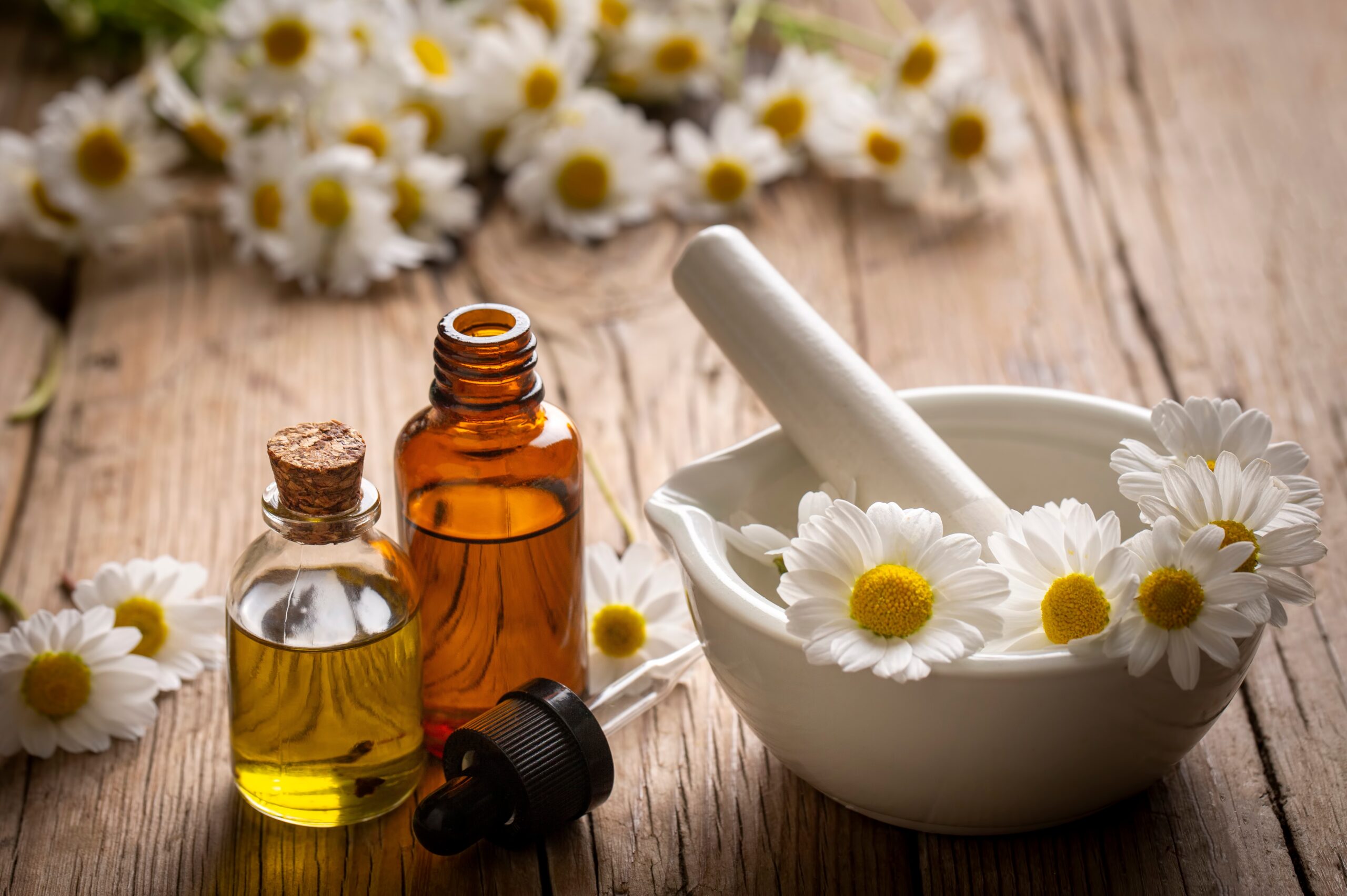
Chamomile essential oil is well-known for its calming and soothing properties, especially for sensitive or irritated skin. It has anti-inflammatory compounds that help reduce redness and inflammation. Chamomile oil can also heal minor cuts, burns, and rashes, making it ideal for dry or irritated skin. It is also effective in reducing the appearance of fine lines and wrinkles.
To make chamomile oil, dilute it with a carrier oil such as almond or jojoba oil. Gently massage it onto your skin, paying special attention to sensitive or inflamed areas. It can also be added to your bath to soothe your body. For a calming effect, you can diffuse the oil to promote relaxation while benefiting from its skincare properties.
Ylang Ylang Essential Oil
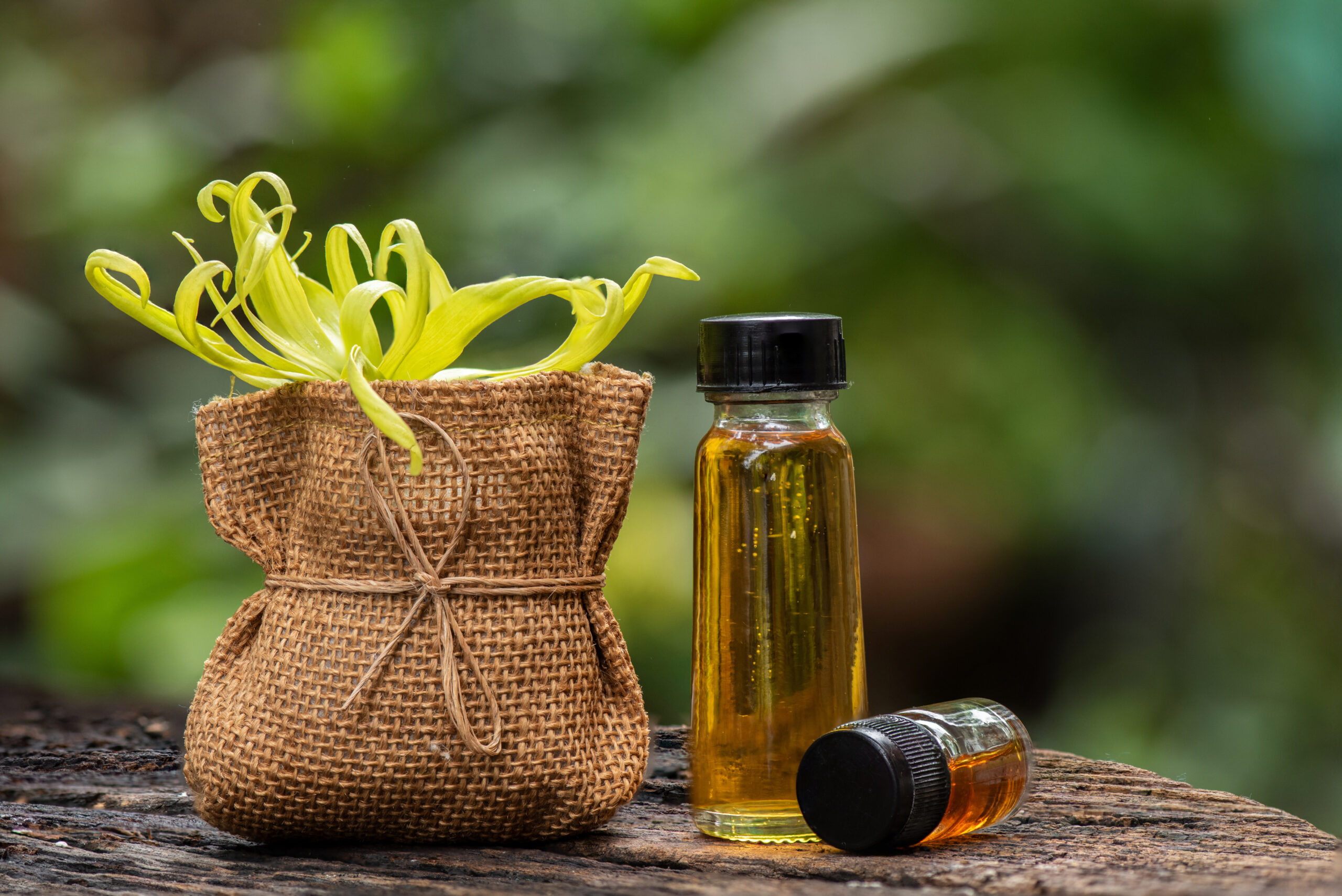
Ylang ylang essential oil is known for its floral scent and skin-balancing properties. It helps regulate sebum production, making it beneficial for both oily and dry skin types. The oil has anti-inflammatory effects that can reduce redness and irritation. Ylang ylang oil is also known to promote relaxation and improve skin elasticity, helping to maintain a youthful appearance.
To use ylang ylang oil, mix a few drops with a carrier oil like coconut or argan oil. Massage the oil into your skin to balance oil levels and reduce redness. It can also be used as a facial oil or added to a moisturizing cream for extra hydration. Apply it in the evening to enjoy both its skincare and calming benefits.
Sandalwood Essential Oil
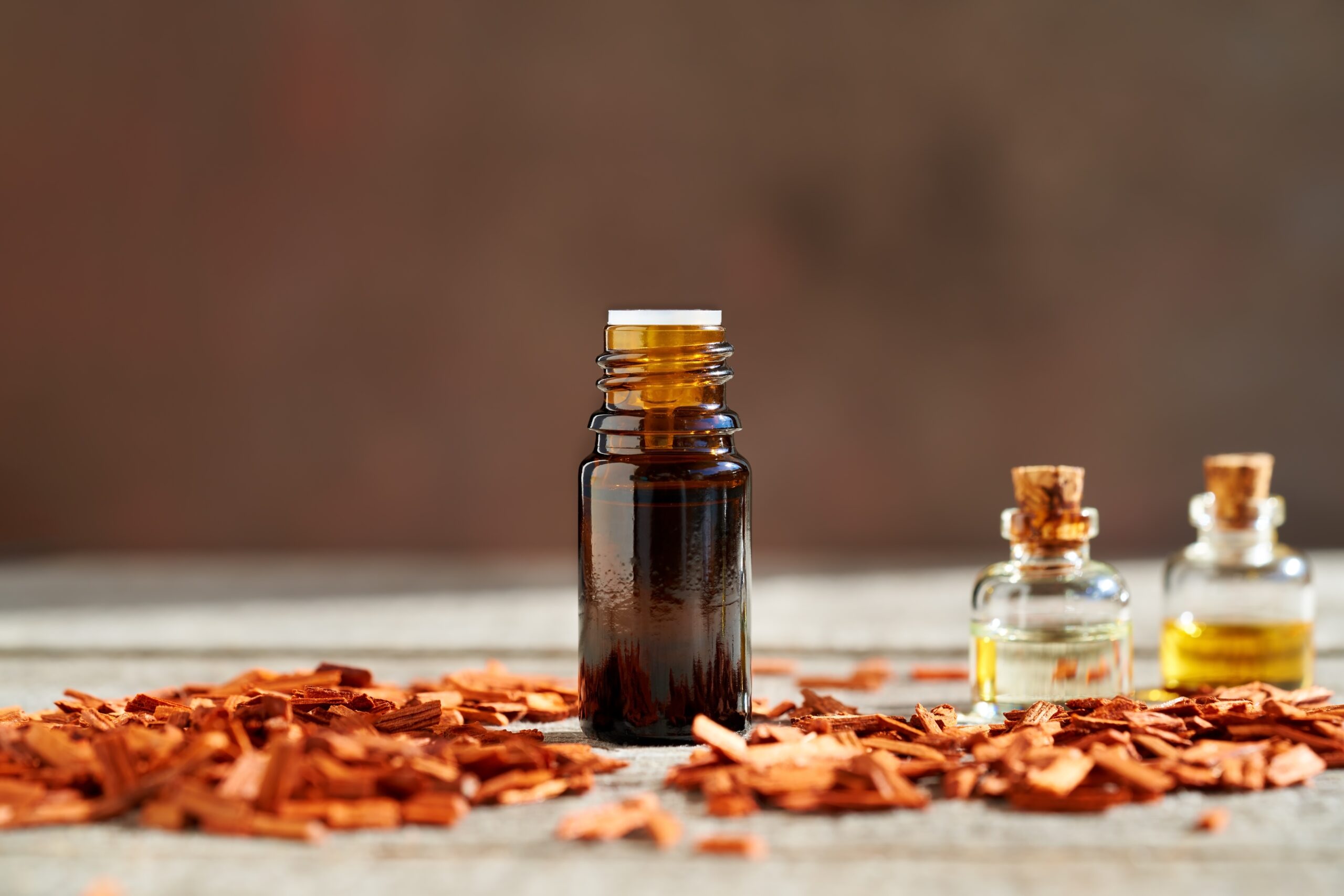
Sandalwood essential oil is known for its deeply moisturizing and anti-aging benefits. It helps improve skin texture and reduce the appearance of fine lines and wrinkles. Sandalwood oil has natural antiseptic properties that help heal blemishes and prevent acne breakouts. It is also known to provide a calming effect, making it perfect for relieving stress.
To use sandalwood oil, dilute it with a carrier oil like jojoba or olive oil. Gently massage it into your skin, focusing on dry or aging areas. Sandalwood oil can also be used as a facial mask by mixing it with honey or yogurt. It is particularly effective when used at night to hydrate and rejuvenate the skin.
Clary Sage Essential Oil
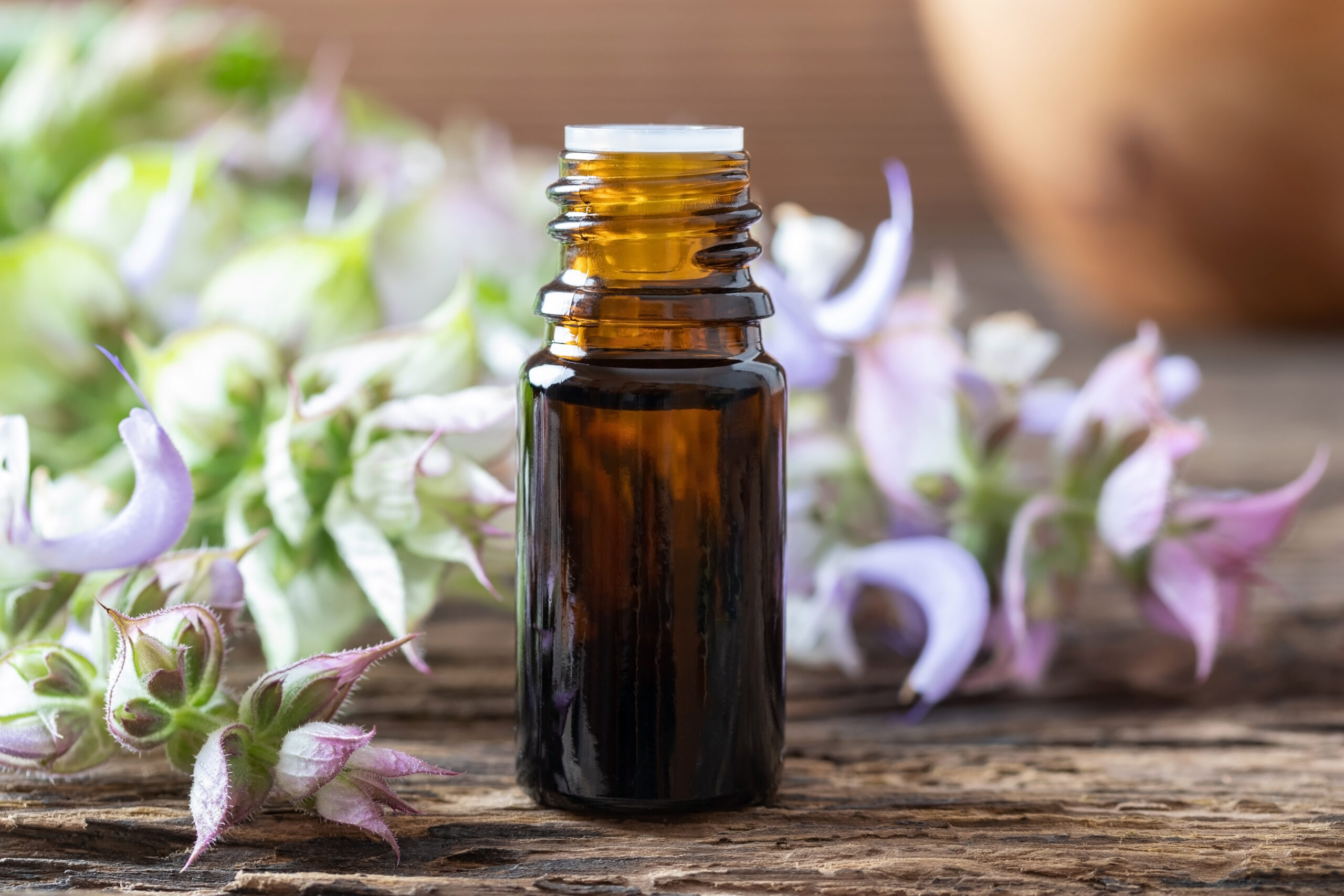
Clary sage essential oil is known for its hormone-balancing properties, making it effective for improving skin conditions related to hormonal imbalances. It has anti-inflammatory and antiseptic properties that can help reduce acne and other skin irritations. Clary sage oil also promotes skin hydration, giving it a smooth and plump appearance. Its calming effects also make it ideal for stress relief.
To make clary sage oil, mix a few drops with a carrier oil such as rosehip or jojoba oil. Apply the mixture to your skin, focusing on areas with acne or dryness. It can also be added to a facial mist for hydration throughout the day. Use it regularly to maintain healthy, balanced skin.
Bergamot Essential Oil
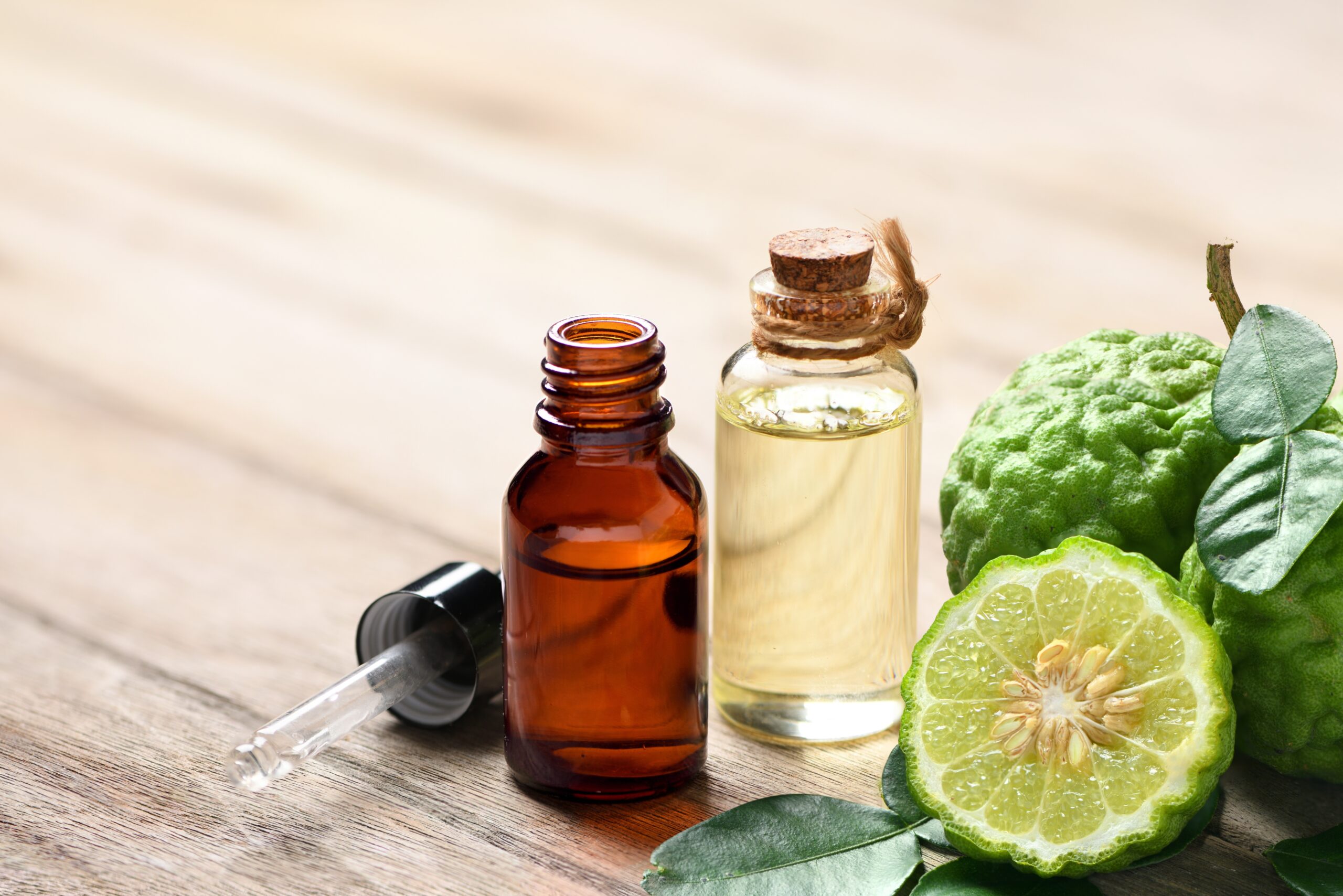
Bergamot essential oil is a citrus oil known for its refreshing scent and skin-clearing properties. It helps to balance oily skin and prevent acne by regulating oil production. Bergamot oil also has natural antiseptic qualities that help treat blemishes and pimples. Its calming and uplifting scent also works as a mood enhancer, reducing anxiety and stress.
To use bergamot oil, dilute it with a carrier oil such as almond or coconut oil. Apply it to your face, especially in areas where you experience excess oil or acne. You can also add a few drops to a diffuser to enjoy its calming benefits. Avoid direct sunlight after using bergamot oil, as it may increase the skin’s sensitivity to UV rays.
Exploring essential oils is a simple way to improve your skincare routine with natural ingredients. Each oil offers its own unique benefits, from soothing irritation to adding hydration and glow. With the right combination and proper use, you can support healthy and refreshed skin. Try adding one or two oils to your daily routine and see how your skin responds over time.
This article originally appeared on Avocadu.
